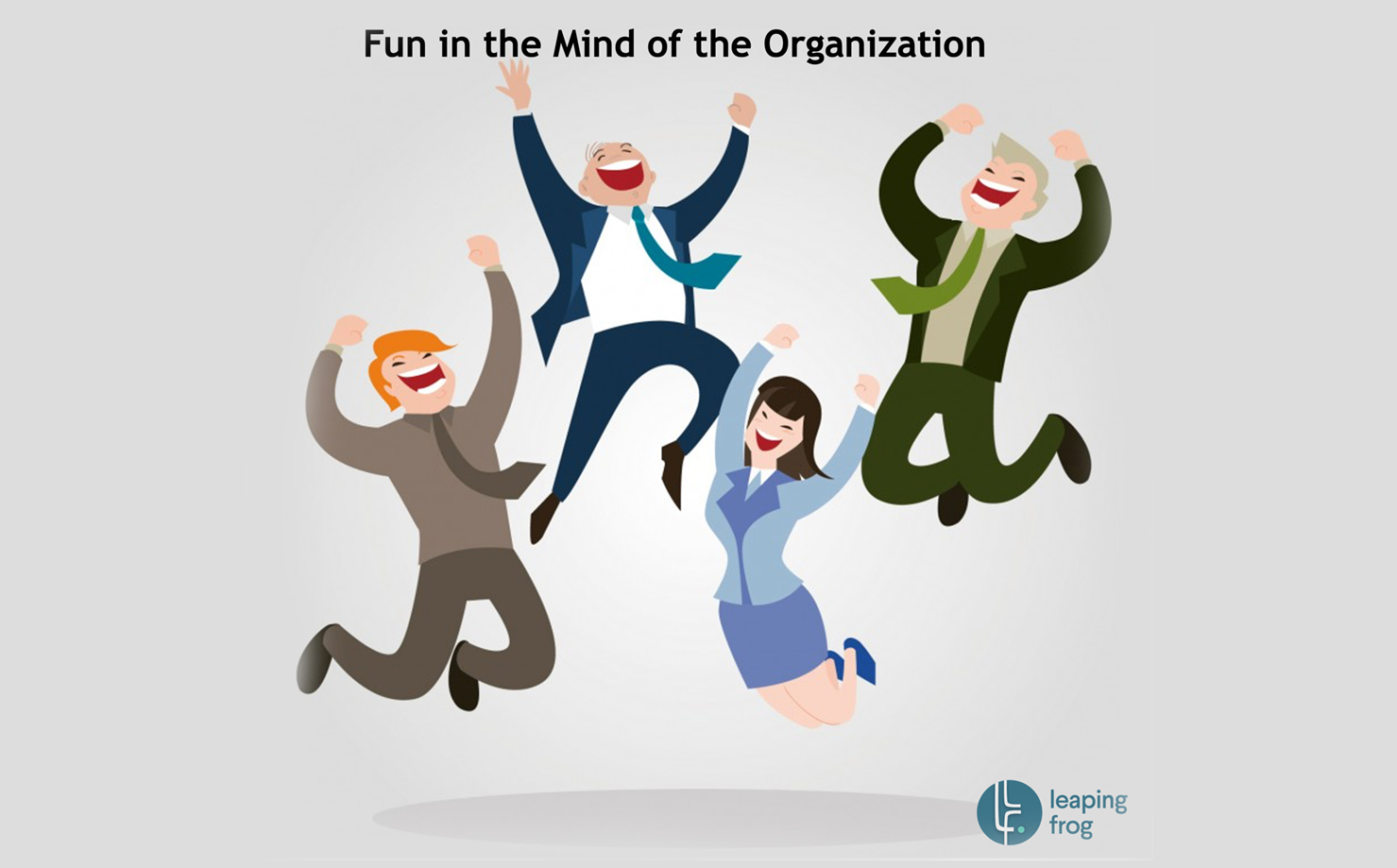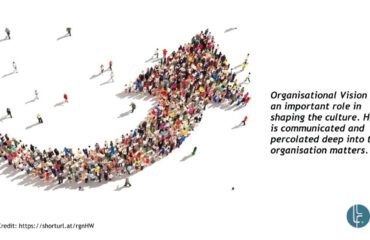
The idea that organizations have a “mind”—a psychological element that drives them—is a key theme in my series, “The Mind of the Organization”. Just as individuals are influenced by their beliefs, emotions, and thoughts, so too are organizations shaped by the collective mindset of their people. This psychological element creates a thriving, engaged, and productive workplace.
One essential factor in this context is “fun”. Fun isn’t just about making people laugh or feel good momentarily; it has more profound psychological implications. From a cognitive perspective, fun triggers dopamine release in the brain, the neurotransmitter that fosters pleasure and motivation. The research is clear—when people experience enjoyment, they are more creative, engaged, and productive. Fun creates an environment where learning and problem-solving come more naturally. This is because when people are relaxed and happy, they’re more open to taking risks, thinking creatively, and collaborating effectively.
From a psychological standpoint, organizations that embed fun in their culture consciously nurture the ‘mind’ of the organization. These companies acknowledge their employees’ mental well-being and actively create a positive atmosphere that feeds creativity and innovation. This positive atmosphere, fostered by fun, is a powerful tool in promoting a thriving, engaged, and productive workplace. On the flip side, companies that are rigid, stress-laden, and devoid of joy often see their employees disengage. Such organizations might thrive for a while, but without fostering the well-being of their collective mindset, they risk stagnation and burnout. The ‘mind’ of an organization, just like a human’s, requires mental stimulation and balance to perform optimally.
Furthermore, fun is not a distraction from work—it is an essential element of it. Studies show that fun in the workplace improves employee retention, reduces turnover, and builds stronger teams. It reflects a healthy organizational mind that promotes well-being and growth. Therefore, incorporating fun into daily work routines isn’t just beneficial; it’s necessary to create a thriving, creative, and productive organizational environment. By acknowledging the importance of fun, organizations signal that they value both the emotional and psychological aspects of work, fostering a vibrant and innovative ‘mind’ for the organization. The urgency of this implementation cannot be overstated, as it is a key factor in the success of any organization.




